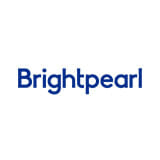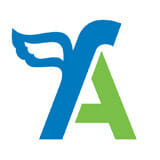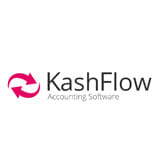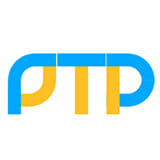Call us today to arrange a free no obligation consultation on 01322 315755 or submit an enquiry online.
Personal tax obligations can be difficult to navigate at the best of times – even more so if you are a new business owner, freelancer or sole trader. As more and more people begin to earn money in this way, without paying tax via employer PAYE schemes, the need for specialist personal tax advice increases. We can help you understand your personal tax obligations and guide you through the tax returns process

FREE SWITCH-OVER SERVICE
Discover just how easy it is to switch accountants
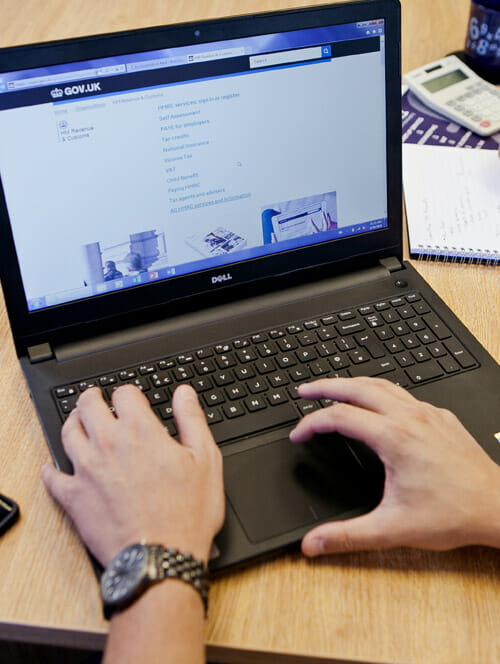
COMPLETING YOUR PERSONAL TAX ASSESSMENT
– GET EXPERT ADVICE
It can be daunting to fill in a personal tax assessment, even if you have done it before. You’ll need lots of information and it all has to be 100% correct. There may also be legal exemptions that you are entitled to, minimising the tax that you owe.
We can help and advise you in the following areas:
- Capital gains tax
- Income tax
- Inheritance tax
- National insurance contributions
- Self-assessment
- Savings and investments
- Trusts (discretionary, accumulation and mixed)
We ensure you are compliant and can complete your tax self-assessment on your behalf, ensuring you don’t pay more tax than you need to.
TALK TO US
Ask us a question, arrange an initial meeting, pop in for a cup of tea… We look forward to talking to you. Call 01322 315755 or email .
PERSONAL TAX FAQS
Q: Should I become a limited company?
A: The advantage of a limited company is that you pay a fixed-rate corporation tax. Sole traders are subject to normal income tax rates and Class 4 National Insurance contributions to be paid on profits. You can find out more and see current rates on the government’s website.
Q: Are there any disadvantages to being a limited company?
A: Accountancy fees will be higher as more administration is required. However, you may pay less in tax, so there are pros and cons. We will explain your options to you in full before you decide whether to incorporate.
Q: Are there any deadlines I need to know about?
A: The financial year end is set by Companies House and normally it is 12 months from initial set up. There is a nine-month period from financial year end for you to file accounts with Companies House, and 12 months to file corporation tax returns and accounts with HMRC.
Q: What can I claim for?
A: This will depend on your trade. There are some general things that will apply to most trades, such as travel, telephone bills and equipment. We can advise you further when completing your accounts.
Q: What is the tax year?
A: It runs from the 6th April to the 5th April.
Q: What are the deadlines for tax returns?
A: They are due by the 31st January after each tax year.
Q: What does it mean to be self-employed?
A: Essentially, this means that you are receiving income that is not taxed at source by an employer or an agency. You need to declare it to HMRC yourself (or an accountant needs to do it on your behalf), as part of a self-assessment tax return.
GET THE PROCESS STARTED
Find out more about how we can help you with your accountancy needs.

